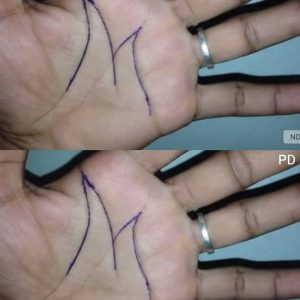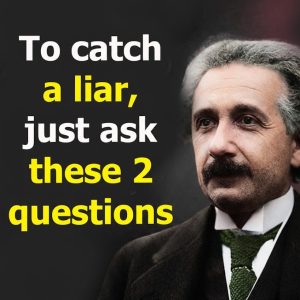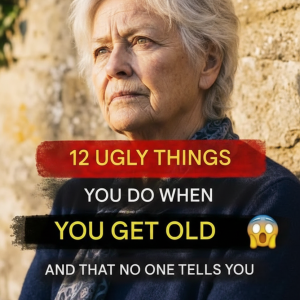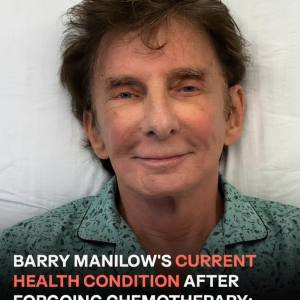Pras Michel, the Grammy-winning rapper and founding member of the Fugees, has been sentenced to 14 years in federal prison for his role in a complex international campaign finance scandal. The case involved funneling millions of dollars from Malaysian financier Jho Low into U.S. politics, including Barack Obama’s 2012 re-election campaign. Michel was convicted of conspiring to violate U.S. campaign finance laws, using his celebrity status to help disguise foreign donations and influence U.S. political outcomes. His conviction was based on charges including conspiracy, witness tampering, serving as an unregistered foreign agent, and illegally funneling foreign contributions into the U.S. electoral system. The scandal’s impact reached beyond campaign finance violations, implicating the integrity of the political system and revealing how foreign influence can infiltrate U.S. politics through celebrity connections and financial manipulation.
The central figure in the scheme, Jho Low, was a Malaysian billionaire already under international investigation for his involvement in the 1MDB scandal, which involved the embezzlement of billions of dollars from Malaysia’s state investment fund. Low allegedly turned to Michel to help him gain access to American political elites and influence U.S. elections. Michel, who had deep connections in both entertainment and political circles, was instrumental in helping Low launder money into U.S. political campaigns. Prosecutors argued that Michel used intermediaries and “straw donors” — individuals who illegally contributed money in their own names to cover the true foreign source — to funnel the funds into Obama-aligned political action committees (PACs) and campaign committees. This covert influence operation bypassed campaign finance laws designed to prevent foreign interference in U.S. elections, raising serious concerns about the vulnerability of the U.S. political system to external forces.
Federal prosecutors pushed for a life sentence, arguing that Michel’s actions represented a severe threat to national security. They contended that Michel’s scheme allowed a foreign financier to silently insert himself into the political process, making political contributions on behalf of a foreign government to sway American elections. They argued that the use of celebrities like Michel to disguise the true origin of foreign money posed a direct risk to U.S. democracy, as it opened the door for future influence operations by foreign actors. While Michel’s defense team acknowledged his role in the scheme, they contested the severity of the punishment, calling the 14-year sentence “completely disproportionate.” They pointed to Michel’s lack of a prior criminal record and argued that he wasn’t the mastermind behind the operation, thus warranting a much lighter sentence. His legal team sought a three-year sentence and promised to appeal the decision, signaling that the legal battle was far from over.
One of the most bizarre twists in the case came when Michel’s new legal team claimed that his previous attorney had used artificial intelligence (AI) to draft the closing argument in his trial. The defense argued that the AI-generated argument was incoherent, lacked legal accuracy, and ultimately undermined Michel’s case. They argued that the use of AI in such a critical aspect of the trial amounted to legal malpractice. This claim, while rejected by the judge, drew attention to the growing role of AI in legal proceedings. The case marked one of the first major criminal cases in the United States to involve AI in a defense argument, raising questions about the ethical and practical implications of using AI in high-stakes legal situations. While the AI-related defense was unsuccessful in Michel’s case, it opened the door for future discussions about the risks of relying on automated systems in the courtroom.
At the heart of the scandal was the relationship between Michel and Jho Low, who used the rapper’s celebrity status to gain access to U.S. political figures and move money through various channels to disguise its foreign origins. Michel’s network of intermediaries, which included straw donors and shell companies, helped move Low’s money from international sources into American political campaigns. Beyond the Obama campaign, Michel also attempted to use his influence to influence the Trump administration, further expanding the scope of the investigation. This highlighted the ongoing vulnerability of U.S. politics to foreign influence, as money could be funneled into campaigns through complex financial maneuvers and celebrity connections. Michel’s actions were part of a broader effort to manipulate U.S. politics, using celebrity access and financial power to push foreign agendas.
The case also raised significant concerns about the effectiveness of campaign finance laws and the potential for foreign money to infiltrate U.S. elections. Prosecutors argued that the scheme demonstrated the ease with which foreign actors could bypass campaign finance regulations using intermediaries, shell companies, and celebrity connections. The role of money laundering in U.S. elections became a central issue, highlighting how foreign entities can manipulate the political process without directly violating laws. Michel’s conviction and sentencing sent a strong message about the seriousness with which the U.S. government is approaching foreign interference in elections, emphasizing that such schemes will not be tolerated, regardless of the celebrity status or political connections of the individuals involved.
For Pras Michel, this scandal represents a dramatic fall from grace. Once a respected figure in the music industry, collaborating with legends like Lauryn Hill and Wyclef Jean, Michel now faces the loss of his freedom and his career. The 14-year prison sentence marks the end of one chapter of his life and the beginning of another, one defined by legal battles and a tarnished reputation. Despite maintaining his innocence and vowing to appeal both his conviction and sentence, Michel’s case serves as a cautionary tale about the intersection of politics, celebrity, and financial influence. It underscores the risks that come with mixing fame and money with political power, particularly in an era where foreign actors are increasingly looking for ways to influence American democracy from the shadows.
Michel’s downfall is also a reminder of the importance of transparency and accountability in political campaigns, as well as the need for strict enforcement of campaign finance laws. The case sheds light on the vulnerabilities in the U.S. political system and highlights the growing sophistication of foreign influence operations. While Michel’s case may be an extreme example, it reflects broader concerns about the role of money and influence in U.S. politics. As the appeal process continues, the case will likely serve as a touchstone for future debates on campaign finance reform, foreign interference, and the use of emerging technologies like AI in the legal system. Ultimately, it highlights the potential dangers of unchecked financial power in shaping political outcomes and the lengths to which individuals will go to manipulate political systems for their own gain.





